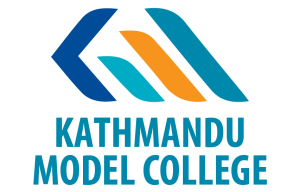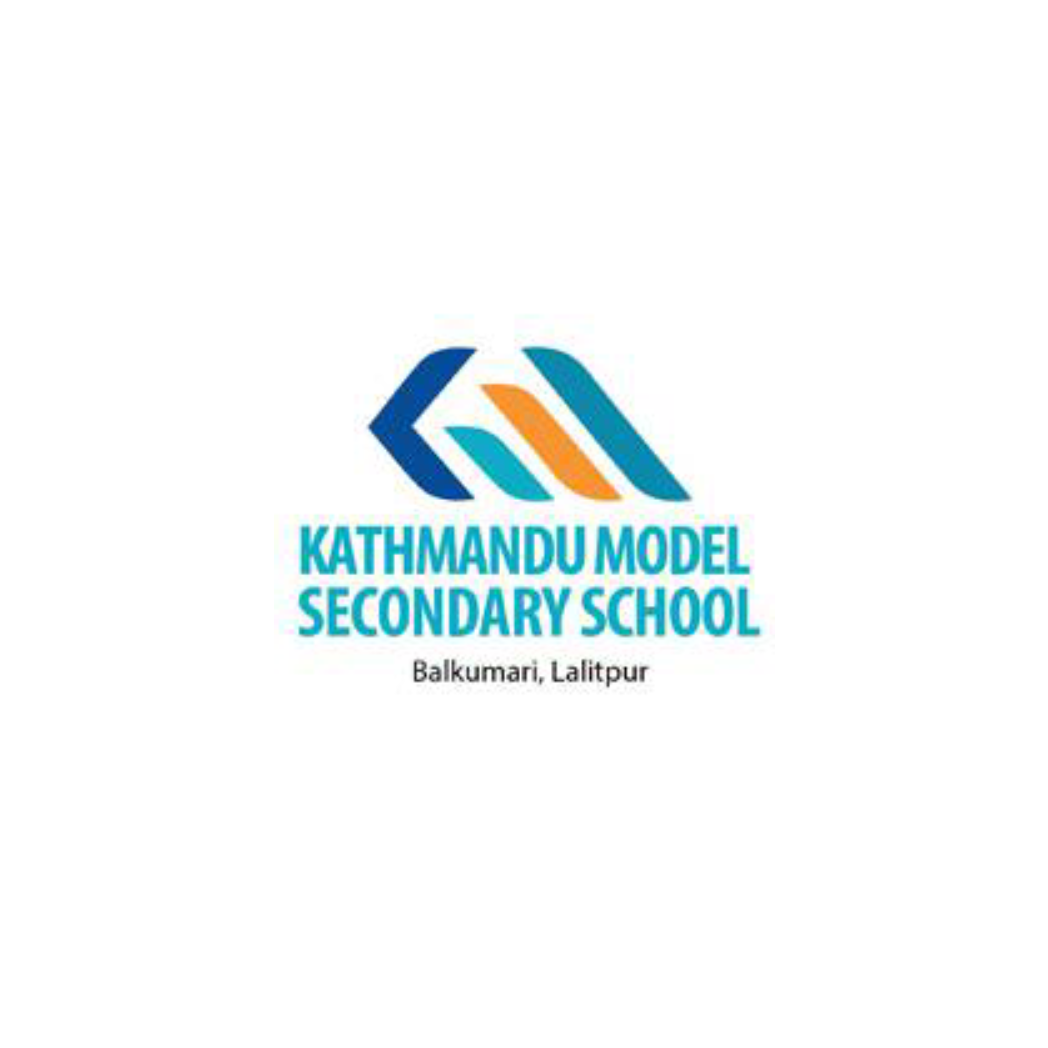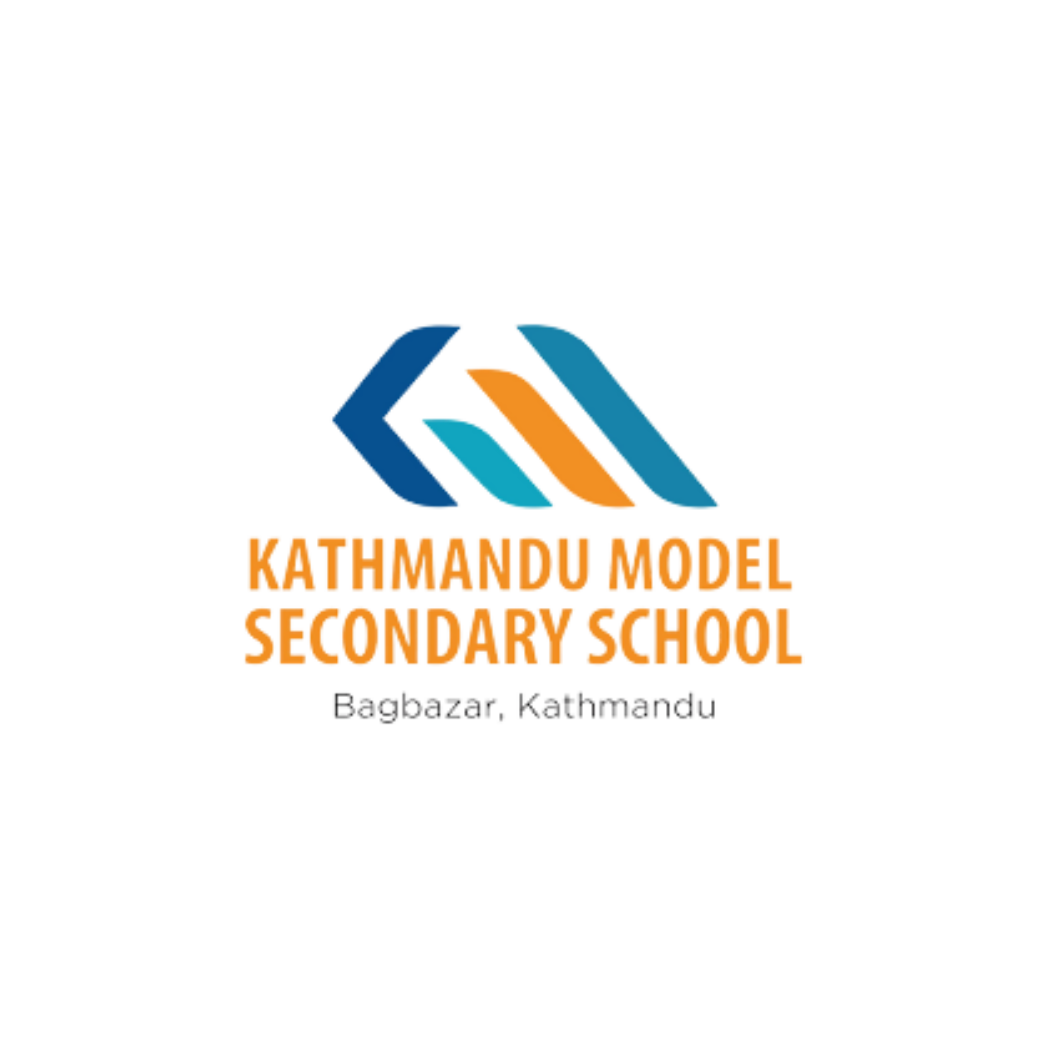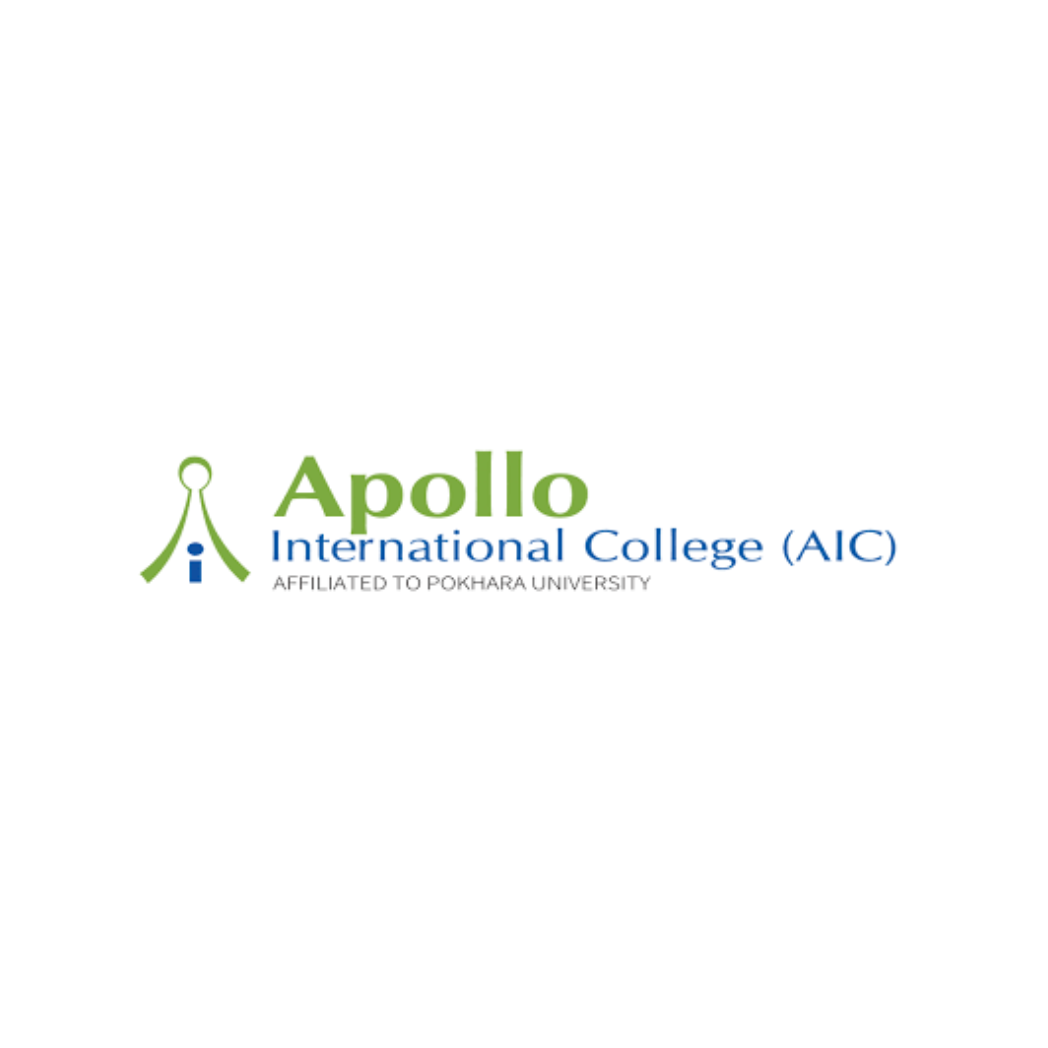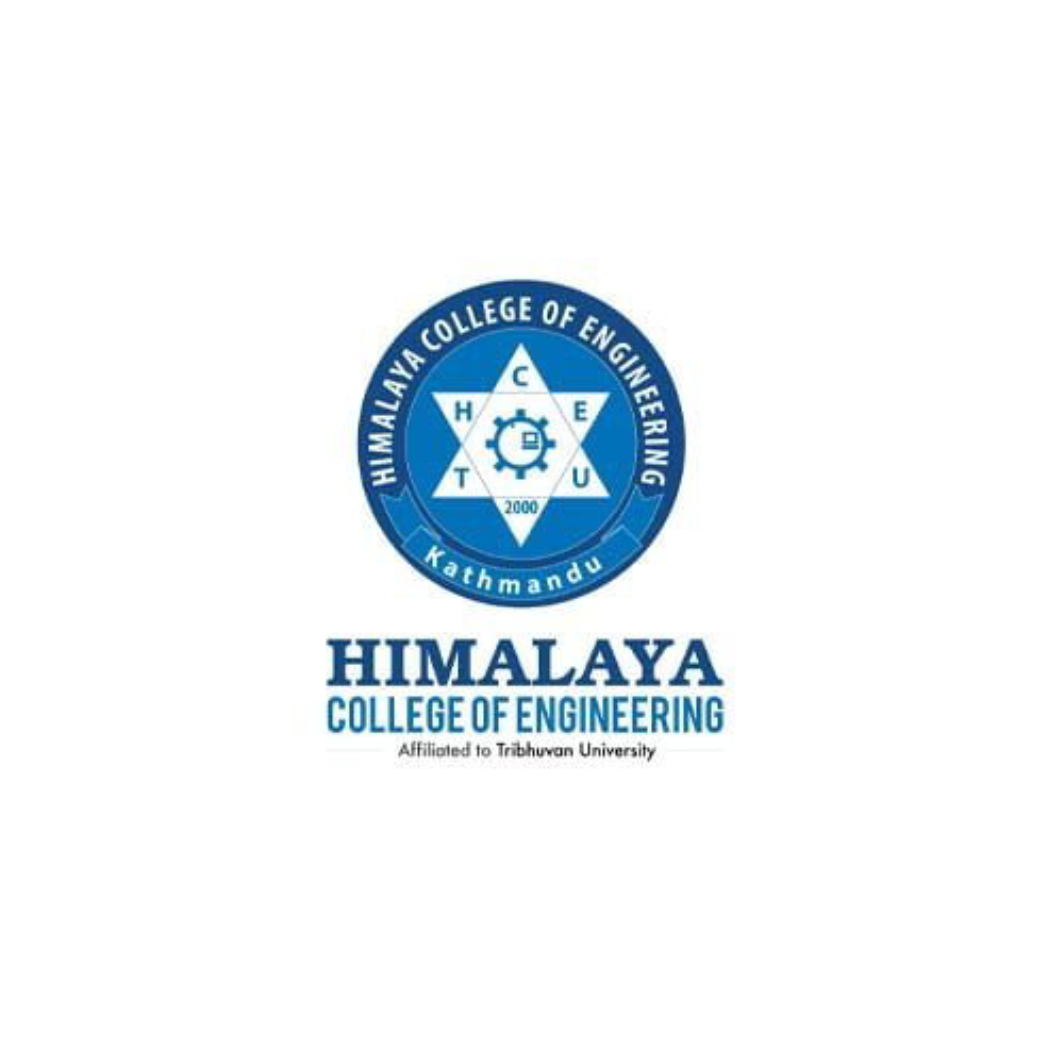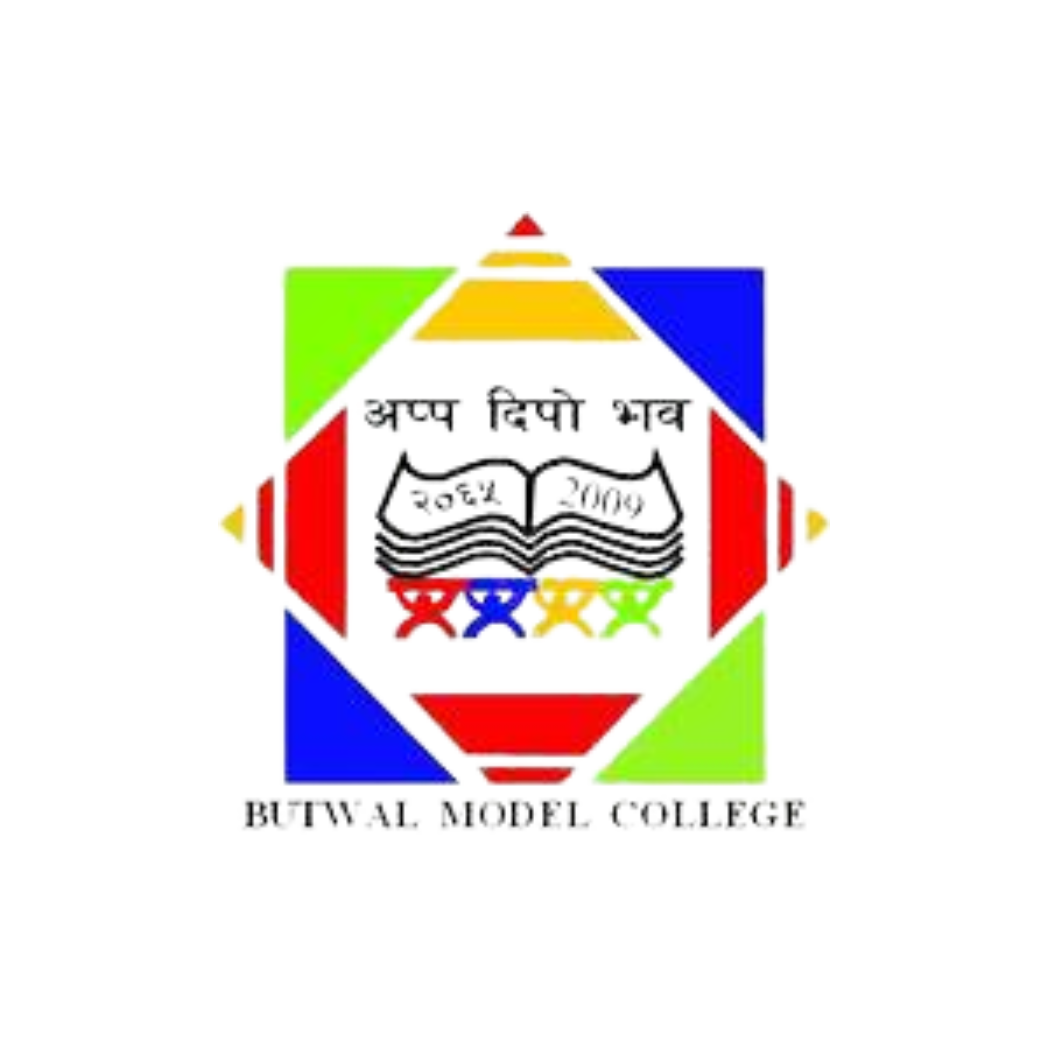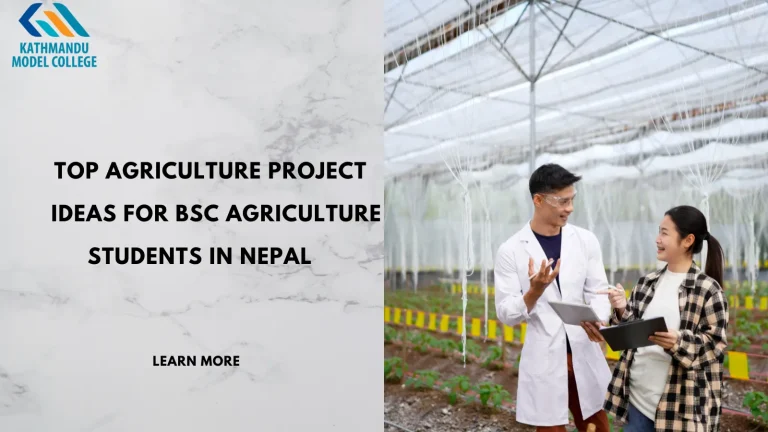
BSc. Agriculture in Nepal: Course Overview, Admission Process, Duration & Curriculum
Bachelor of Science in Agriculture (BSc. Agriculture) is a four-year undergraduate program that provides a comprehensive education in the scientific principles and applications related to agriculture.
BSc. Agriculture is an interdisciplinary course that draws principles from various fields of natural science, such as Chemistry, Biology, and also from the field of social science, such as Business and Management.
The BSc. Agriculture program is offered by the following universities in Nepal:
- Tribhuvan University (TU)
- Agricultural and Forestry University (AFU)
- Kathmandu University (KU)
- Purbanchal University
- Far-Western University (FWU)
- Mid-West University (MFU)
- Madhesh Agricultural University (MAU)
- Rajarshi Janak University
Learn more about the Bachelor of Architecture in Nepal: Course Overview and Scope
Course Overview and Curriculum
The program includes a variety of subjects, often including:
- Agronomy: Focuses on crop production and the sustainability of agriculture.
- Soil Science: Focuses on Soil Fertility, Soil Physics, Role in the ecosystem, and soil nutrient management.
- Horticulture: Focuses on the practice of cultivation of fruits, vegetables, floriculture, and post-harvest technology.
- Animal Science/Livestock Production and Management: Focus on the scientific study and practical application of raising and managing animals for human benefit, including poultry farming, animal nutrition, breeding, etc.
- Plant Pathology: Focuses on the scientific study of plant diseases and their management.
- Entomology: Focuses on the study of insects that includes insect pests, their management, apiculture (beekeeping), sericulture (silkworm rearing), etc.
- Agricultural Economics and Agribusiness: Focus on the economic aspects of agriculture that include farm management, production economics, agricultural marketing, co-operatives, and entrepreneurship.
- Agricultural Extension: Focuses on the application of scientific research and new knowledge and practices through farmer education. This includes Rural Sociology, agricultural communications, and community development.
- Agricultural Engineering: Focuses on applying engineering principles to agriculture and biological systems, which includes farm power and machinery, farm structures, farm water management, etc.
- Genetics and Plant Breeding: Focus on applying the principles of genetics to plant breeding.
- Biotechnology: Focuses on the basics of biotechnology, including the study of biological systems to develop or create new products and technology.
- Environmental Sciences and Agro-ecology: Focus on the interaction between living organisms and their environment for sustainable agriculture and environmental conservation.
- Research Methodology and statistics: Focus on systematic data collecting, analyzing, and interpreting data.
Read more on How to Prepare for Chartered Accountancy (CA) After +2 and the Cost of Study.
Practical Orientation
The practical orientation of this program aims to integrate the principles of theoretical knowledge and their real-world application.
This section of the course ensures that students not only grow academically but are also able to solve practical problems faced in the field through their practical application.
- Laboratory Practical Sessions
The main objective is to provide hands-on experience with scientific instruments, techniques, and experiments relevant to various agricultural disciplines.
- Visit and Study Tours
The main objective is to expose students to diverse farming systems, agribusiness, and other research areas related to agriculture.
- Internships
The main objective is to provide students with professional experience in an agricultural organization, NGOs, or Governmental departments.
This section is more formal and lasts for a longer duration, often in the later semester of the program.
- Project Work and Thesis Research
In later years, often in the final year, students undertake research projects that culminate in a thesis requiring students to identify and study a problem, and later present their findings.
Duration: 4 years / 8 semesters
Admission Process
Eligibility
- Minimum degree of higher secondary level of education (+2) in Science Stream with Biology, Chemistry, Physics as their core subjects, or
- I.Sc. Agriculture with a minimum of C+ CGPA or an aggregate of 50% in core subjects.
Online Application
Universities providing the program require students to fill out an online application form via their respective admission portals to sit for their mandatory entrance examination.
Required documents
- SEE/SLC Marksheet and Character Certificate
- 10+2 (Intermediate Science or Equivalent) Transcripts, Marksheets, and Character Certificate
- Provisional Certificate
- Migration Certificate
- Equivalent Certificate
- Nepali Citizenship Certificate
- Passport-size photo
- Scanned copy of Candidate’s Signature
- Payment proof
Common Aspects of BSc. Agriculture Entrance Exams in Nepal
Every university that offers the BSc. Agriculture has its entrance examination for selecting the candidates.
Common aspects of BSc. Agriculture Entrance Exams in Nepal are as follows:
- Format: Multiple Choice Questions
- Duration: Typically 1-2 hours
- Marks distribution: 100-120
- Passing marks: Minimum of 50% or slightly lower to be eligible for the merit list
- Syllabus basis: The questions are designed based on the 10+2 curriculum of the National Examination Board (NEB) or equivalent.
Common areas tested in the BSc. Entrance Exams are:
- Physics
- Chemistry
- Biology (Botany and Zoology)
- English
- General Knowledge
Learn about the KUMAAT Preparation Guide
Key Tips for BSc. Agriculture Entrance Exam Preparation
- Revise your syllabus
Questions that are asked in the BSc. Agriculture Entrance Exams are solely based on your +2 syllabus.
Practice concepts of Physics, Chemistry, Biology, and English.
- Focus on past papers.
You can take reference from the previous year’s papers and past papers to increase your knowledge on the structure and pattern of the questions.
Give more attention to frequently repeated questions.
- Acknowledge your weaknesses
If you feel less confident in specific topics, focus on your weak areas.
This helps you gain confidence with improved ability to solve questions that you find difficult or get stuck on.
- Managing your time
Time yourself while practicing to prepare yourself for the time pressure during the examination.
- Stay updated
Check the respective university’s official website for any changes in schedule, syllabus information, deadline, or any other further notices.
BSc. Agriculture plays a significant role in the field of rural development.
It prepares students with crucial scientific theories and real-world skills to enhance their knowledge of farming techniques and production.
While a BSc.Agriculture acts as the best guide for students who are passionate about agricultural sciences and rural development, exploring other courses can lead to broader career paths for students.
For students aiming to pursue their career in the field of business, IT, or even the field of social work and social sciences, Kathmandu Model College (KMC) offers some of the most comprehensive TU-verified career-driven programs in Nepal.
Read more on Bsc.CSIT Entrance Preparation Guide
Why KMC can be your better alternative?
KMC has been providing students with the best business, IT, and social sciences courses since 2003.
We have proudly secured the Quality Assurance and Accreditation (QAA) certification from the University Grant Commission (UGC), and were honored by the award of Nepal’s Best Campus 2080 B.S by the Ministry of Education.
We provide you wide range of programs like:
- Bachelor of Business Administration (BBA)
- Bachelor of Business Studies (BBS)
- Bachelor of Business Management (BBM)
- Masters of Business Studies (MBS)
- Bachelor of Computer Applications (BCA)
- Bachelor of Arts (BA)
- Bachelor of Social Work (BSW)
- Master of Arts (MA)
Our undergraduate programs:
Bachelor of Business Administration (BBA): a professional four-year degree that is focused extensively on the significant skills of leadership, marketing, entrepreneurship, including opportunities covering internships and real-world projects to prepare students for the industry.
Bachelor of Business Management (BBM): a four-year program aimed at enhancing management skills like strategic planning, communication, and decision-making for future leaders and entrepreneurs.
Bachelor of Business Studies (BBS): a comprehensive four-year business program covering business-related subjects like economics, accounting, and business law, for creating a broad foundation of careers in the field of banking, administration, and finance for students.
Bachelor of Computer Application (BCA): a four-year tech degree providing practical skills in programming (Python, Java), web development, cybersecurity, and data analysis, aiming to prepare students for careers in IT or for higher studies in computer science.
Bachelor of Arts (BA): four-year program with the following specializations:
- Social Work: aims at preparing students for careers in NGOs/INGOs backed by fieldwork and training required for the understanding of advocacy and community development.
- Psychology: ensures that our students get fulfilling concepts on the human mind and human behaviors, along with counselling and research training.
- English: helps to develop critical thinking, writing, and literary analytical skills.
- Economics: Focuses on policy making, development, and various roles in the field of finance, government, consulting, research, business, and organizations.
Our postgraduate programs:
- Master of Business Studies (MBS): a two-year advanced business program covering strategic management, finance, and marketing.
- Master of Arts (MA) English: a two-year program that guides students to understand different ideas related to literature, language, and professional writing, and to prepare for publishing, research, etc.
These are the curricula that provide a solid academic foundation in topics useful in the working world.
KMC stands out as a top performer in terms of its marvelous academics, modern facilities, internships, and excellent career support.
KMC is the perfect institution for students who are in search of quality and holistic development.
